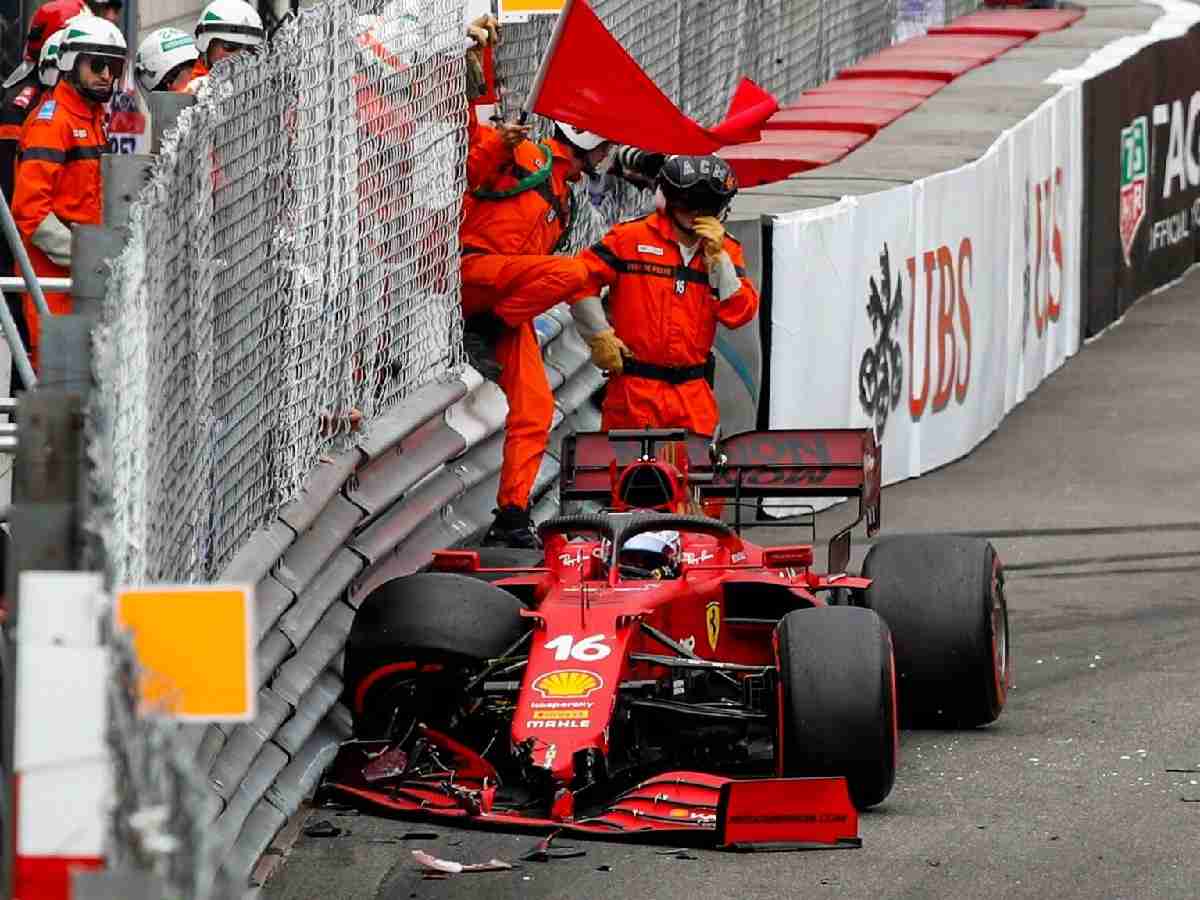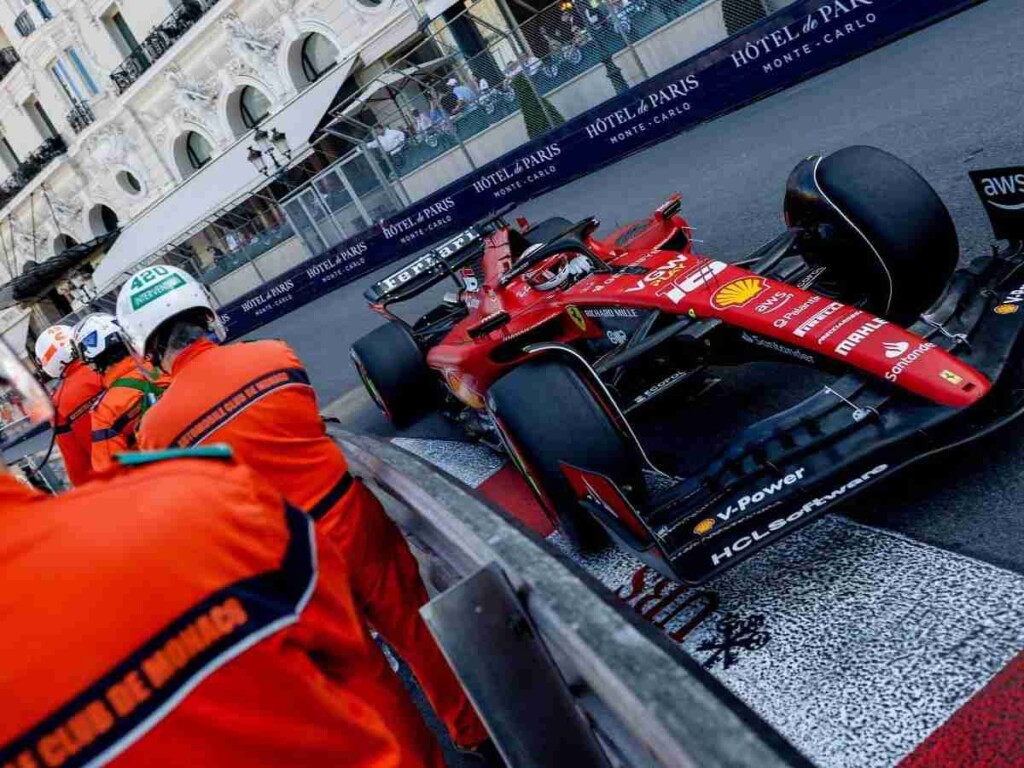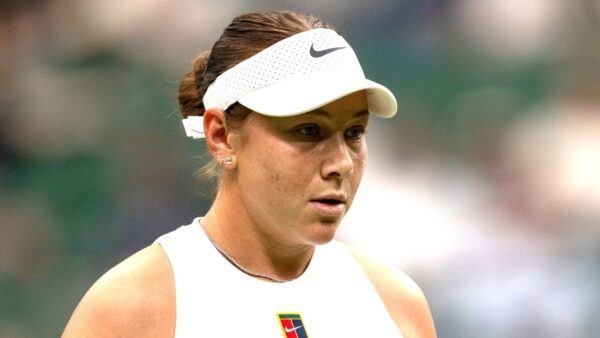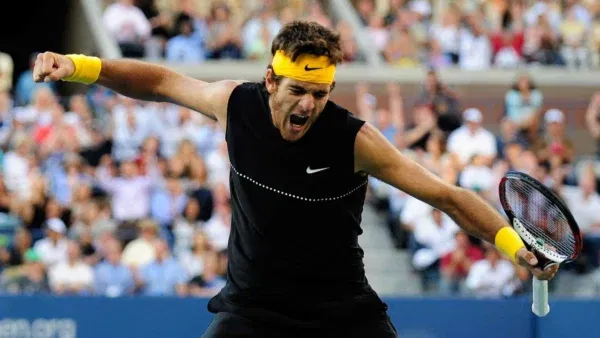FIA plans to penalize F1 drivers who cause Red Flags by adopting an IndyCar rule
F1 considering to adopt an Indycar rule, which penalizes the drivers causing a red flag in the qualifying.

Charles Leclerc's infamous crash at the Monaco qualifying (Credits: Skysports F1)
🔍 Explore this post with:
To minimize race interruptions caused by red flags, the FIA is reportedly homing in on Formula 1 drivers who trigger these stoppages. Taking inspiration from IndyCar, where a strict penalty system is already in place, the FIA aims to deter deliberate incidents that might tactically halt the qualifying.
IndyCar Series rulebook, rule 8.3.4 states, “if a car causes a Red Condition [red flag] in any segment, the car’s best two timed laps of the segment shall be disallowed.” This implies that drivers who trigger a red flag during qualifying will be disqualified for their two fastest-timed laps from that sector. This significantly impacts their qualifying position, preventing drivers from pushing their limits and potentially causing accidents that halt the session for others.
Motorsports.com reports that the discussions were put forward after Valtteri Bottas caused a red flag during qualifying at the Austrian GP. The Finn lost his car in the Q1 of the qualifying and steered into the gravel trap. This brought out a red flag for a brief period, and the Alfa Romeo driver managed to wheel back into the pits without retiring. Bottas could resume the session without being penalized for triggering the red flag.
Discover: Have Charles Leclerc’s crash-to-pole scenarios raised a serious issue in the F1 qualifying rulebook?
The rule hinders the drivers’ chances of pushing beyond the limits

While the approach in IndyCar aims to maintain fairness and uninterrupted sessions, implementing a similar regulation in the high-octane world of Formula 1 presents unique challenges. F1 drivers earned fame for their skill in pushing beyond boundaries, extracting every ounce of potential from their cars. Consequently, this rule could force drivers to hold back, compromising their pursuit of peak performance.
The proposed penalty also raises concerns about fairness for drivers who did not intend to cause the crashes. As Formula 1 debated the issue in 2021, Charles Leclerc‘s crash in Monaco during the final stages of qualifying resulted in him securing the pole position due to the red flag. This decision, while valid under the existing rules, prevented other drivers from improving their lap times and vying for better positions.
While drivers who intended such wrecks have been penalized in the past, including German racing icon Michael Schumacher in the 2004 Monaco GP, no firm rule has ever been established in this area. Currently, Formula 1 has not implemented IndyCar’s law yet, although talks are in progress. It remains to be seen what will come out of these discussions in the coming weeks.
In case you missed it:
- “It makes no sense,” Nyck De Vries blasts his doubters, says he is only concerned with showing his ‘best version’ in F1
- Lewis Hamilton meets young STEM enthusiasts who visited Silverstone for a glimpse at the F1 paddock life







